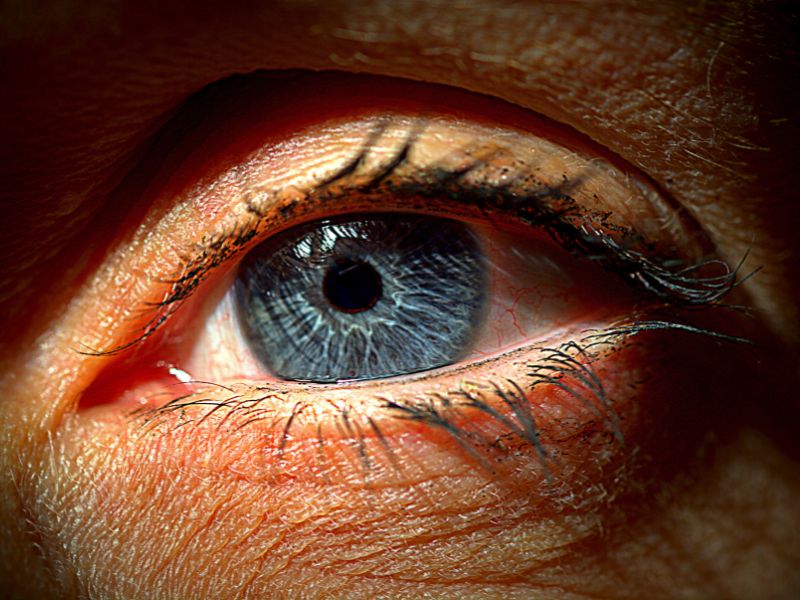Can Your Eyes Get Better as You Age?
As we age, our bodies undergo a myriad of changes, and our eyes are no exception. Many people associate aging with deteriorating vision, but can your eyes actually improve as you get older? In this blog post, we will explore the relationship between aging and eye health, discuss common eye conditions that arise with age, and highlight the importance of eye care in maintaining optimal vision.
Understanding Age-Related Eye Changes
Aging affects every part of our body, including our eyes. Common changes include:
- Presbyopia: This condition typically begins in your 40s and results in difficulty focusing on close objects. It’s a natural part of aging caused by the hardening of the lens inside the eye.
- Cataracts: Clouding of the lens can develop over time, leading to blurred vision. Cataracts are quite common in older adults but can be surgically removed to restore clarity.
- Macular Degeneration: This is an age-related condition that affects the central part of your vision. It occurs when the macula—the part of your retina responsible for sharp vision—begins to deteriorate.
- Glaucoma: Increased pressure within the eye can damage the optic nerve over time, leading to vision loss if not managed properly.
While these conditions may seem daunting, it’s essential to recognize that not all changes are negative. Some individuals may experience improvements in their eyesight due to lifestyle choices or advancements in medical technology.
Can Your Eyes Improve with Age?
The short answer is yes; under certain circumstances, your eyesight can improve as you age. Here are some factors that may contribute to better eye health:
1. Lifestyle Changes
Adopting healthier habits can significantly impact your overall well-being and eye health:
- Nutrition: Consuming a diet rich in vitamins A, C, E, omega-3 fatty acids, and antioxidants can promote better eye health. Foods like leafy greens, fish, nuts, and colorful fruits are beneficial for maintaining good vision.
- Regular Exercise: Physical activity improves blood circulation throughout your body—including your eyes—potentially enhancing their function.
2. Eye Care Practices
Engaging in proactive eye care is crucial for maintaining good vision as you age:
- Routine Eye Exams: Regular check-ups with an optometrist or ophthalmologist help catch potential issues early on. Early detection often leads to more effective treatment options.
- Protective Eyewear: Wearing sunglasses that block UV rays can prevent damage from sunlight exposure over time. Additionally, using blue light blocking glasses while using screens may reduce digital eye strain.
3. Advances in Medical Technology
Medical advancements have made it possible for many individuals to experience improved eyesight later in life:
- Laser Surgery: Procedures like LASIK or PRK have helped countless people reduce their dependence on glasses or contact lenses.
- Cataract Surgery: The removal of cataracts has a high success rate and often results in clearer vision post-surgery.
4. Mental Health and Vision
Interestingly enough, mental well-being plays a role in how we perceive our eyesight:
- Positive Outlook: Maintaining a positive attitude toward aging can influence how we view our physical capabilities—including our eyesight. Engaging in activities that stimulate cognitive function may also enhance visual processing skills.
The Importance of Regular Eye Care
Regardless of whether you experience improvements or declines in your eyesight as you age, prioritizing regular eye care is essential:
- Stay Informed: Understand common age-related conditions and their symptoms so you can seek help promptly if needed.
- Follow Recommendations from Professionals: Your optometrist will provide personalized advice based on your unique needs and risk factors.
- Invest Time into Eye Exercises: Simple exercises like focusing on distant objects or practicing palming techniques may help alleviate strain from prolonged screen time.
- Be Mindful of Screen Time: The digital world has increased screen exposure significantly; taking breaks every 20 minutes (the 20-20-20 rule) helps reduce fatigue—look at something 20 feet away for at least 20 seconds!
Conclusion
While aging often brings about challenges related to eyesight—such as presbyopia or cataracts—it’s important to remember that there are ways to promote better eye health as you grow older. Through lifestyle changes such as improved nutrition and regular exercise combined with proactive eye care practices like routine exams and protective eyewear usage, many individuals find they can maintain or even enhance their visual acuity over time.
So yes! As strange as it might sound at first glance—your eyes can get better with age when cared for properly! Prioritize your eye care today for a clearer tomorrow!
Learn more about eyecare by visiting our blog

